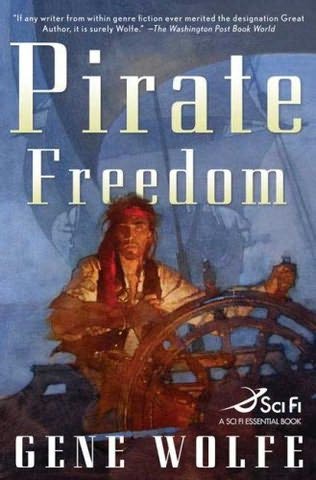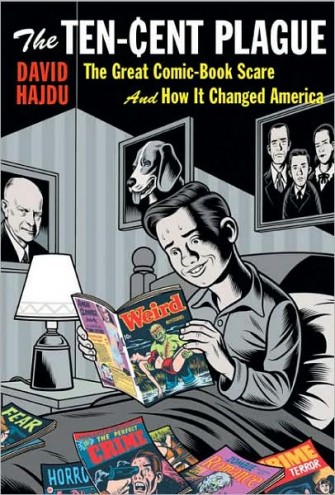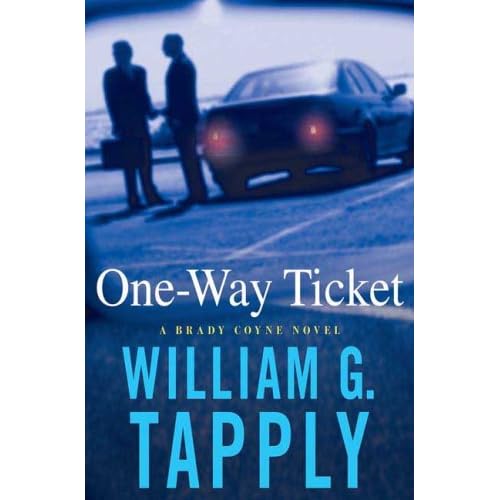
I could hardly wait to start When We Get to Surf City by Bob Greene, and once I did I didn't want to do anything but read it until I finished. I've read two other Bob Greene books: Hang Time: Days and Dreams with Michael Jordan, and Duty: A Father, His Son, and the Man Who Won the War. Both would get a four-star rating here. He's got a journalist's ear and a columnist's eye. And he must be a pretty good guy to hang with, since Michael Jordan and the whole Jan and Dean band befriended him.
This story starts with a member of that band contacting him after picking up a Greene memoir in an airport. He ends up joining the band on tour whenever possible for years. On the oldies circuit and encountering Ben E. King, Fabian, Frankie Avalon, and others Greene portrays the tragic Jan Berry as only the most extreme example of the unasked question, "What do you do when your life is over, but you're still alive." The answer is modern-day heroism: just keep living.
Maybe you have to be in your fifties to enjoy a book about playing surf music, but Greene sees young kids at the concerts who know every word to songs like "Help Me Rhonda." I never went more than ten pages without laughing or crying (often both at once). ****













